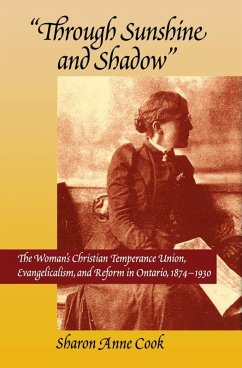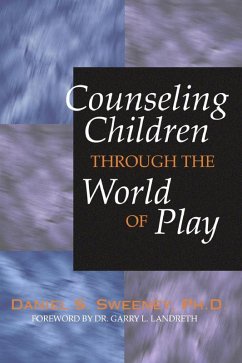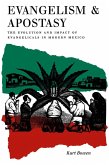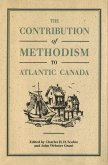Using an extensive array of primary sources, including local WCTU minute books and correspondence, Cook describes the origins, structures, strategies, and achievements of the Ontario WCTU in the late nineteenth and early twentieth centuries. She discusses the importance of its positions on such issues as Social Purity, women's franchise, the appropriate role of single women, working women's rights, the treatment of female offenders, and the effect of the WCTU's youth work. Cook traces the empowerment of women in the WCTU to the union's evangelical roots, arguing that the views of the Ontario WCTU were grounded in a vision of society that based the development of a moral society on the family unit and its moral centre, the mother.
Dieser Download kann aus rechtlichen Gründen nur mit Rechnungsadresse in A, B, BG, CY, CZ, D, DK, EW, E, FIN, F, GR, HR, H, IRL, I, LT, L, LR, M, NL, PL, P, R, S, SLO, SK ausgeliefert werden.









